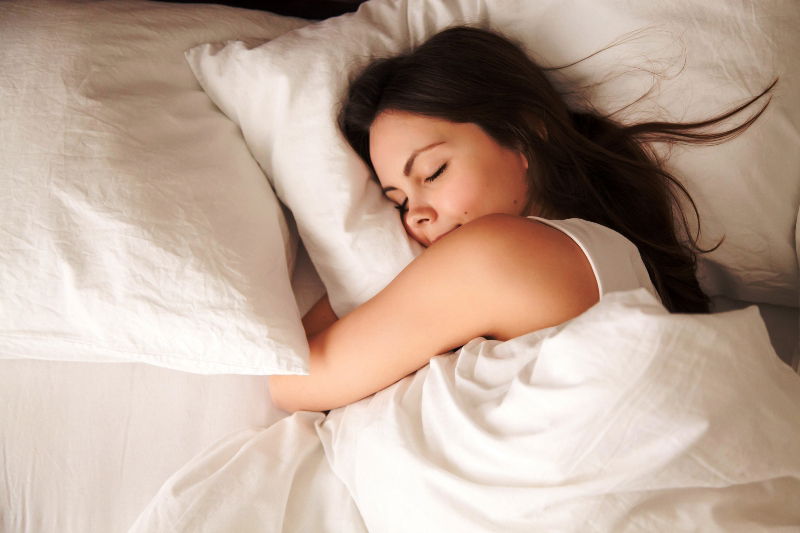There is a lot of information about sleep on the Internet and social media, so it is sometimes difficult to distinguish what is actually a myth and what is a fact. In this article, we break down some of the common myths about sleep for you.
Although most people think they are experts in the field of sleep (because we spend a third of our lives sleeping), there is a lot of misinformation. In order to increase the chances of a great night’s rest, we will deal with debunking some myths that will help us see what are the differences between myths and the actual truth.

Myth 1: Watching TV Helps you fall Asleep
Fact: Although some people like to hear the background noise of the TV to help them fall asleep, changing the volume and brightness of the TV can impair the quality of your sleep and lead to waking up in the middle of the night.
In addition, for some, the program they watch is actually interesting and they will probably stay awake longer than they should. Furthermore, this violates the golden rule of sleep hygiene – use beds only for sleeping. If you learn to associate sleep time with watching television, you are in danger of developing “learned” or “psychophysiological insomnia.” Reading a book or newspaper in low light may be a better option.
Myth 2: Your Body Adapts Quickly to Change in Sleep Patterns
Fact: Most people can reset their biological clock, at best for one or two hours a day. Accordingly, it may take more than a week to complete someone adjusted after traveling through several time zones or switching to a night shift.
A pro tip: Weighted blankets can improve your sleep quality because these blankets weigh more than a regular blanket so the pressure they create gives you a calming and relaxing effect which helps you doze off faster.
Myth 3: An Extra Hour of Sleep at Night can Relieve you of Extreme Daytime Fatigue
Fact: The amount of sleep is extremely important, but the quality of sleep also needs to be addressed. Although most people want to sleep eight or nine hours a night, some people do
they do not feel well-rested when they wake up, because the quality of their sleep is poor. All in all, this extra hour won’t be of much help if you are tossing and turning, sweating, and waking up in the middle of the night.
Myth 4: You can Make up for Lost Sleep During the Work Week with More Sleep on the Weekends
Fact: Although this way of sleeping can help partially relieve the accumulated fatigue, it will not completely compensate for the lack of sleep. In addition, prolonged sleep during the weekends can affect your sleep and circadian rhythm, so the pattern of going to bed at the right time on Sunday evenings and getting up on Mondays early in the morning can be greatly affected.
Myth 5: Physical Activity will Help you Fall Asleep
Fact: People who exercise regularly tend to sleep better, research shows. However, if you exercise close to bedtime, you will increase body temperature which can prolong the process of falling asleep. Therefore, it is advisable to avoid exercise for one to two hours before going to bed. Although generally speaking, exercise is at its core a healthy behavior that encourages better quality sleep, there is no proven theory linking exercise and sleep that applies to all people to the same extent. For some, exercising in the evening is useful and stimulating for sleep, while for others, exercising in the morning is a better option.
Myth 6: Sleep Helps you Lose Weight
Fact: Sleeping is a way your body gains the energy it needs for doing everyday activities and cognitive processes. Furthermore, when you get the sleep you need, your body can use the excessive energy it gathers throughout the night in an effective way. Of course, sleeping all day won’t slim you down, but it can speed up the entire process and affect your appetite. However, if you already don’t feel happy about your weight, a great option to slim down your face and lose double chin is a chin liposuction, which is a procedure that tightens loose skin and removes fat.
What do you think about these myths? Most people don’t know what the actual truth is because it’s easy to get lost nowadays in the sea of misinformation. What do you do to fall asleep? Tell us all about your experience in the comment section below!

